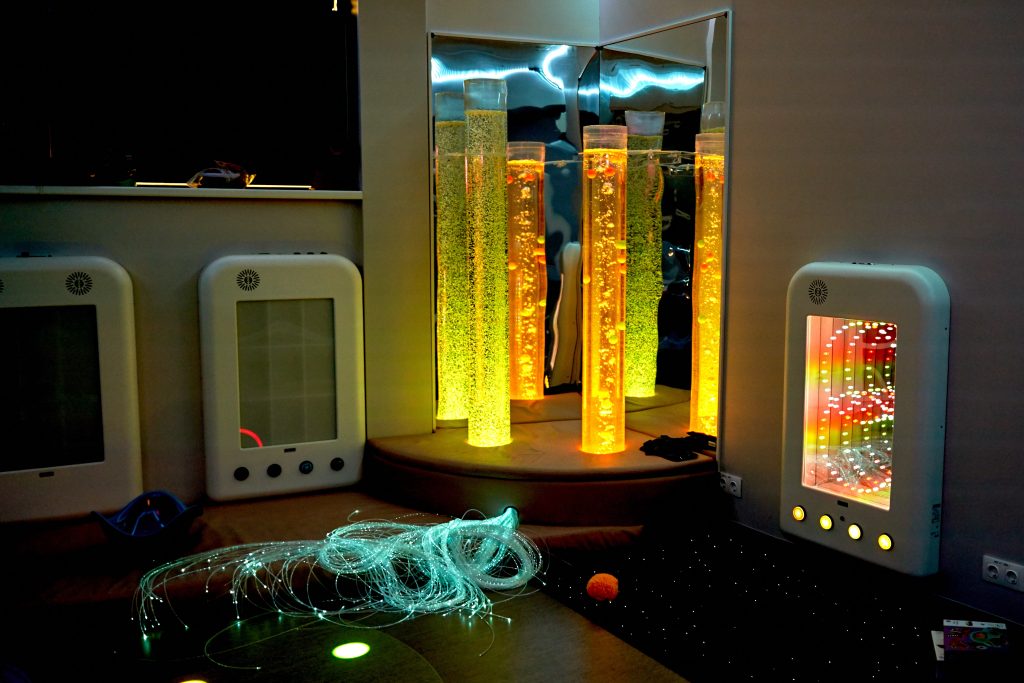Support & Services for Hidden Disabilities
For people with hidden disabilities, life can sometimes be harder than it needs to be. People with hidden disabilities may face daily struggles doing things that other people take for granted.
When people with hidden disabilities receive additional support, it can mean their world becomes more accessible. They have a right to access the same facilities and services as anybody else, though may need accommodations to help them to do what others do.
Here are some of the supports and services available for hidden disabilities:
Blue Badge
The Blue Badge was once only for people with physical disabilities. In 2019, that changed. Now, some hidden disabilities will meet the Blue Badge criteria.
You may be eligible for a Blue Badge if your non-visible disability makes walking difficult, causes considerable psychological distress or puts you at serious risk of harm to yourself or other people.
Sunflower Lanyard
The Sunflower Lanyard is a brightly coloured lanyard that can be worn if you have a hidden disability. This lanyard alerts people to your disability and may make it easier to access additional support. The Sunflower Lanyard Scheme is recognised and supported in many locations, including supermarkets, shopping centres, airports, attractions and train stations. The Sunflower Lanyard doesn’t entitle wearers to any specific support. But, with the lanyard, you may be more comfortable accessing the help that you need. If someone offers to help, you’ll need to be able to let them know your unique needs. A carer, family member or friend can wear the lanyard on your behalf.

Since the Covid-19 pandemic began the Sunflower Lanyard has assisted those with simple activities that have been made much more complex by the arrival of the new coronavirus. For example, if someone was asthmatic and could not wear a mask for a long period of time, wearing a lanyard would mean that staff and shoppers would know the reason for the person being exempt.
Accessible Seats and Toilets (RADAR Key)
Many people with hidden disabilities can benefit from the use of accessible toilets, and accessible seats on public transport. If you have a hidden disability, you have a right to use these. However, you’ll need to rely on the understanding of others that are already using these facilities if you need to request to take their seat or similar.

If you can benefit from using an accessible seat, it may help you to wear a badge or a Sunflower Lanyard to make your disability more obvious. Some people also choose to carry a card that they can show if they’re not confident talking about their needs.
To access disabled toilets, you can use a RADAR Key. The RADAR Key unlocks accessible toilets almost anywhere in the UK and can be purchased without specific evidence of your disability.
Autism Hour
Autism Hours, or Quiet Hours, are becoming increasingly common. Shops and stores, collaborating with the National Autistic Society and other similar charities, have set aside times for quieter shopping. During these times, lights are often dimmed and overhead music turned off. This can make larger shops more accessible for people that have sensory struggles.
Many attractions, such as museums and play centres also hold specific hours for guests with disabilities. These include cinemas that offer autism-friendly screenings, where the lights can be left on and sounds are lowered.
Special Needs Access Pass
If you’re planning a day out to a theme park, look out for a Ride Access Pass. Many attractions offer these passes, allowing guests with disabilities to avoid the queuing system. Often these don’t let you skip the queue but work much like a Fast Track ticket – you’ll be given a time to return, based on how long you’d be waiting if you stayed in line. You usually need evidence of your disability to claim one of these passes on arrival.
Sensory Room
For people with a wide range of disabilities, sensory rooms can be important. These are usually designed for autistic individuals, but there are many other hidden disabilities that make these facilities valuable. Usually, sensory rooms are available in places that can become busy and crowded. They can be found in some UK airports (like Manchester and Gatwick), some theme parks (like Alton Towers and Legoland), and even in some events venues.

Alternative Formats
Most places should provide documentation in alternative formats. This could include large print or Braille for people that are sight impaired. You also have a right to ask for information to be provided in alternative ways, such as in audio format or given in writing rather than verbally.
Assistance Dogs
An increasing number of people with hidden disabilities are owners of assistance dogs. These include Guide Dogs and emotional support dogs.
Your trained and recognised assistance dog should be able to go anywhere that you’d like to. Shops, attractions and venues cannot turn these assistance dogs away. Your rights are protected by the Equality Act 2010.
This law does not currently protect the rights of owners of emotional support animals, which means that businesses can turn these away.


